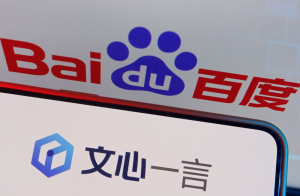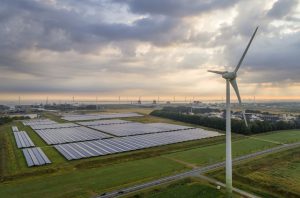China’s Baidu Inc has become the latest tech giant to look at developing its own electric smart cars.
The search engine firm has already held talks with automakers about the possibility, sources have revealed.
Baidu, which also develops autonomous driving technology and internet connectivity infrastructures, is considering contract manufacturing its vehicles, it’s claimed, or even creating a majority-owned venture with automakers.
The initiative would be a step further than those taken by internet rivals such as Tencent Holdings Ltd, Amazon.com Inc and Alphabet Inc, who have also developed auto-related technology or invested in smart-car start-ups.
Read more: China needs green pivot to offset gasoline, diesel addiction
It’s believed Baidu has held preliminary talks with automakers including Zhejiang Geely Holding Group Co Ltd, Guangzhou Automobile Group Co Ltd (GAC) and China FAW Group Corp Ltd’s Hongqi, on a possible venture.
Baidu declined to comment but GAC said it does have a strategic partnership with Baidu and that any further cooperation was subject to discussion while Geely and FAW were tight-lipped on the matter.
Baidu established its autonomous Apollo driving unit in 2017. The unit mainly supplies technology powered by artificial intelligence and they’ve worked with Geely, Volkswagen AG, Toyota Motor Corp and Ford Motor Co.
TEST CARS
Baidu operates the autonomous taxi service Go Robotaxi, which has safety drivers on board, in Beijing, Changsha and Cangzhou, and plans to expand to 30 more cities in three years. It gained approval last week to test five cars in Beijing without safety drivers.
Its talks over manufacturing its own smart cars comes after Didi Chuxing launched a purpose-built van for ride-hailing services last month with automaker BYD Co Ltd. Meanwhile, tech giant Sony Corp unveiled an electric concept car with self-driving functions in January.
Building cars would represent a dramatic development in Baidu’s push to diversify its income streams as growth plateaus in its core search business, where revenue grew just 2% last year.
- Reuters























